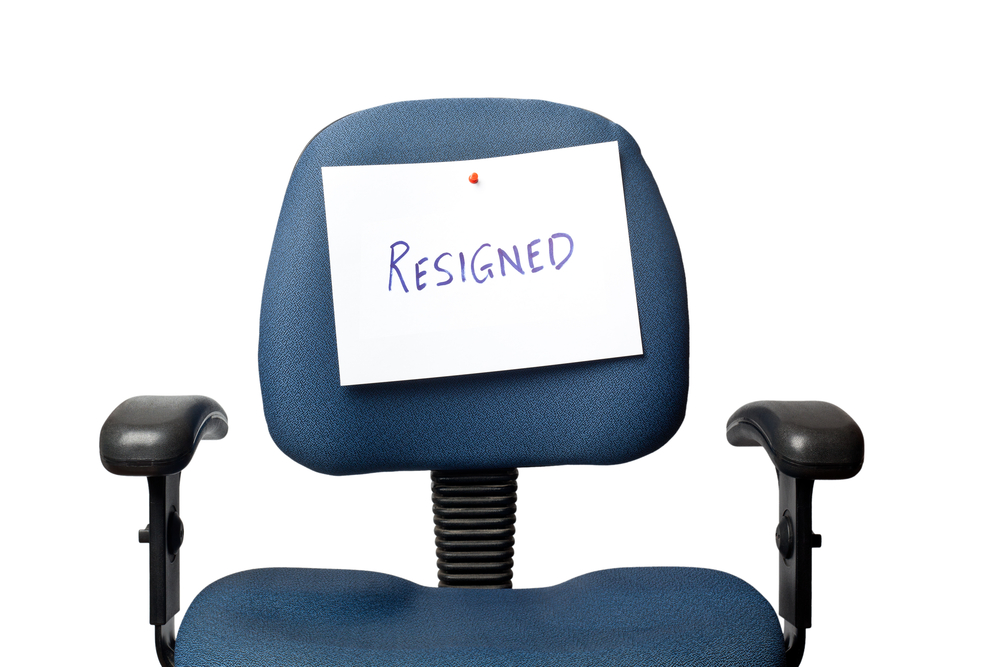High Turnover at Your Company? Here’s Why
|
The impact of losing an employee hits a company hard; especially if that person was a high performer. Between the loss of productivity, time to on-board and cost of training alone, time and funds are are being wasted. Ideally, when hiring an employee, you hope they’re around for the long run. The longer a person works for a company, the more wisdom and value they obtain which is better for your business. So why is it that we lose these employees when we so badly want them to stay?
Lack of Interest
Much of your turnover can be decreased at the time of hiring. If you’re interviewing employees who have applied for the wrong reasons, they’re going to leave when they find a job more suitable for them. Just because they can perform the job requirements, it doesn’t mean they’re the right fit for the job. You’ll want to evaluate their reason for wanting the job to see if they’ll remain interested in it for awhile. You’ll also want to determine if the candidate is interested in your industry and if they see themselves growing with you. Where do they see themselves 1 year from now? 5 years from now?
Lack of Growth
Many employees leave a job because they feel stuck or not challenged. If you have employees that are working hard but have no goals to aspire to, they’re going to to find somewhere with opportunity. In many cases, the idea of “moving up” is what motivates workers. While considering the growth of your company, you must consider the growth of your employees. While they are here to help your business grow, they have personal goals to meet as well. Without growth means many employees will plateau and your business might too. Along the same lines of growth, there needs to be a certain level of training available for new and seasoned employees. Often times, those that have been around for awhile may be overlooked, when they in fact need the most brushing up.
Lack of Benefits
Pay is important, and many employees feel underpaid and overworked. It’s important to continuously review an employee’s job description and pay rate to ensure that they are earning what they deserve. On the other hand, there are other areas of benefits that lead us to look elsewhere; for example, flexible hours and the ability to telecommute are deal breakers for some employees.
Lack of Credit
Credit should be given where credit is due. 82% of employees are annoyed with the fact that they receive no recognition– especially in those employees that took on extra tasks. As a manager, your job is to encourage and motivate employees-recognition is an easy way to do this.
Lack of Balance
The term ‘work-life-balance’ is thrown around quite a lot nowadays. Many people are expected to work longer hours and on their days off in order to keep business rolling without breaking the bank. Work consumes many employee’s lives. For some, this is a choice; they choose to be this devoted to their work. For others, they would prefer to have a little more time to themselves. According to a 2014 Entrepreneur infograph, the second highest reason why people leave their jobs is because there is a lack in work-life balance. If you are struggling in this area, it might be time to hire an additional employee. The cost of this employee may be far less than having to continuously fill an important position at your company due to turnover.
Lack of Good Vibes
If the overall morale of your employees is low, good employees will most likely leave. If your employees are difficult to work with and allowed to treat others with disrespect, good employees, who deserve better-will find better. Be sure to keep a close eye on your managers. Are they leaders or micro-managers who blame others for their mistakes? According to the same 2014 Entrepreneur infograph, two of the “TOP 5 DEAL BREAKERS” at work are “Difficult Employees” and “Bosses blaming you for mistakes”.
If you want to learn more about our staffing, recruiting or professional services, schedule a free consultation to discuss how we can help you find right candidate or consultant for your business.

Leave a Reply




